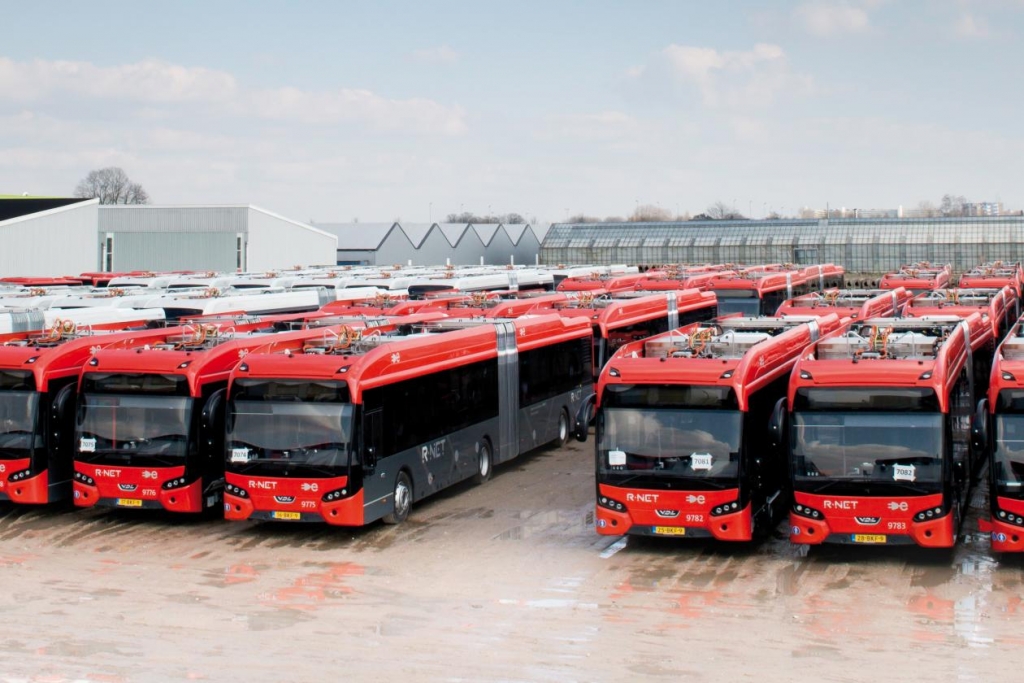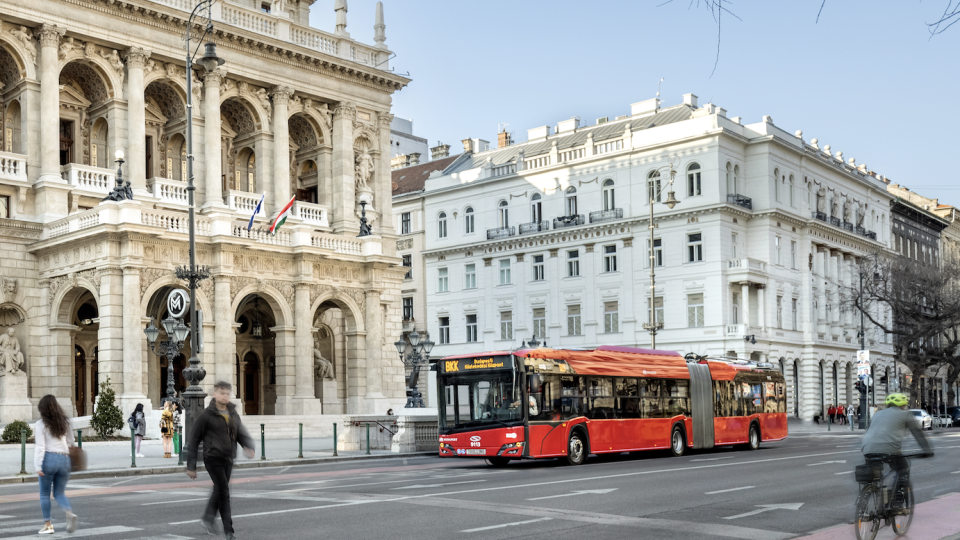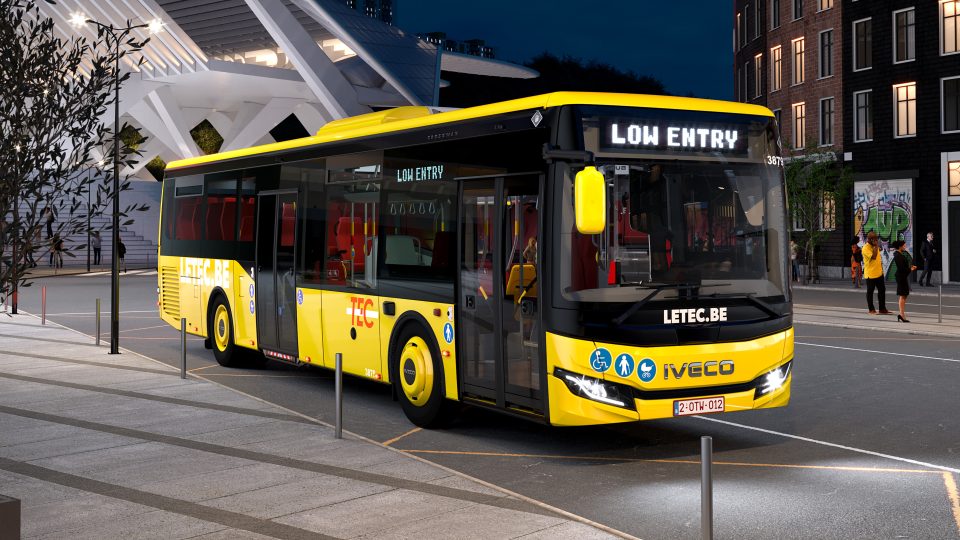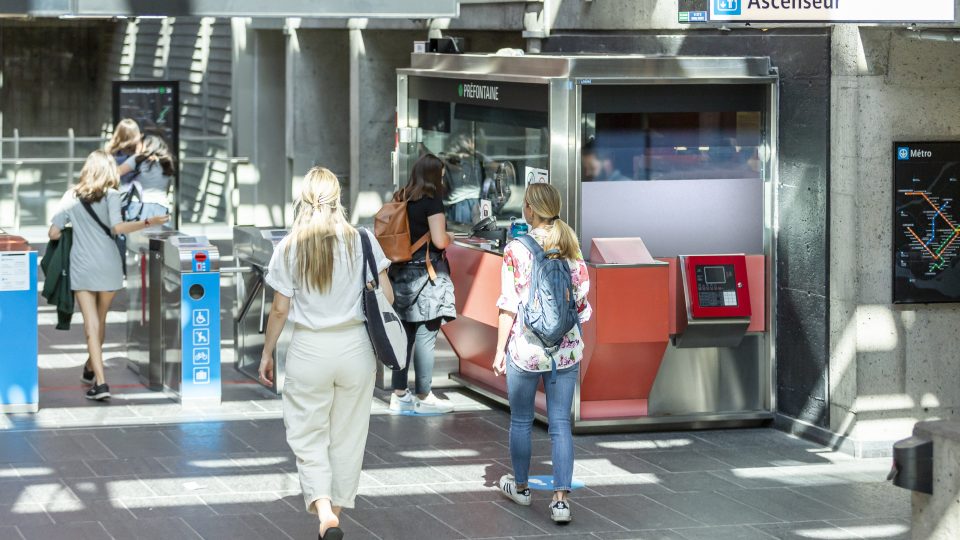Mobility Innovation Tour focuses on trolleybuses in Cagliari. With UITP and Amsterdam PTA
The Italian initiative Mobility Innovation Tour stops off in Cagliari, on 17th September, where the public transport network managed by CTM represents one of the most interesting case study in the national public transport sector. The conference will be part of the European Mobility Week 2019. The operator is committed to the renewal of the […]
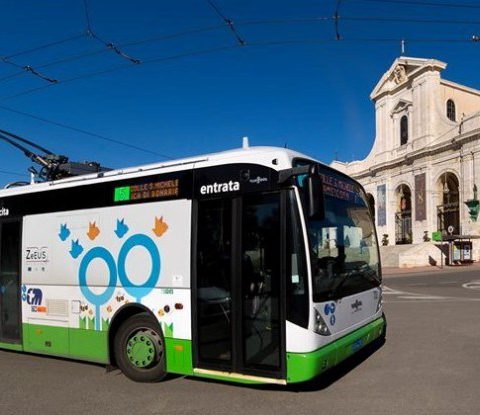
The Italian initiative Mobility Innovation Tour stops off in Cagliari, on 17th September, where the public transport network managed by CTM represents one of the most interesting case study in the national public transport sector. The conference will be part of the European Mobility Week 2019.
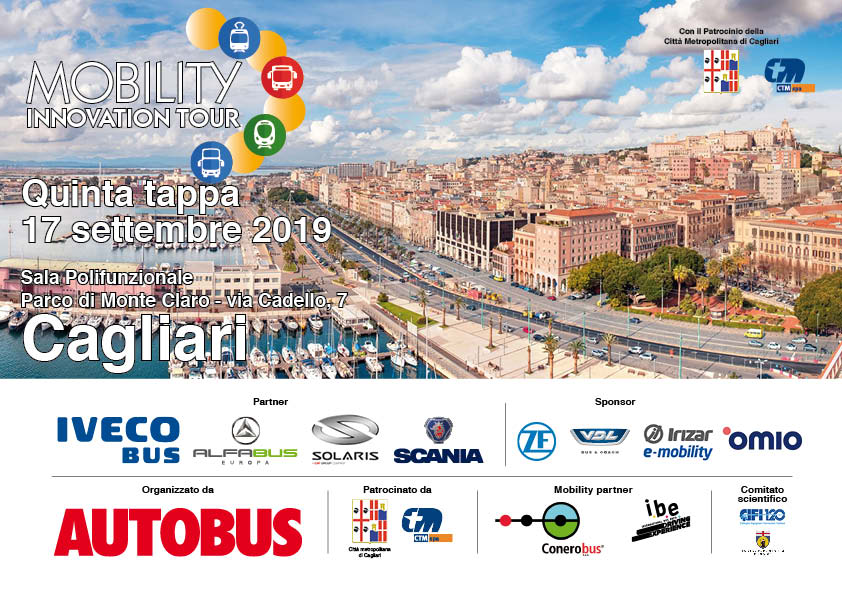
The operator is committed to the renewal of the fleet (with an average age of vehicles among the lowest in Italy) and to the transition to electricity both through the introduction of new lines of electric buses and through the enhancement and modernization of the trolleybus network. Cagliari was the first Italian city, and one of the very first in Europe, to adopt full-electric trolleybuses with opportunity charging. This happened in 2016, in the framework of UITP ZeEUS project.
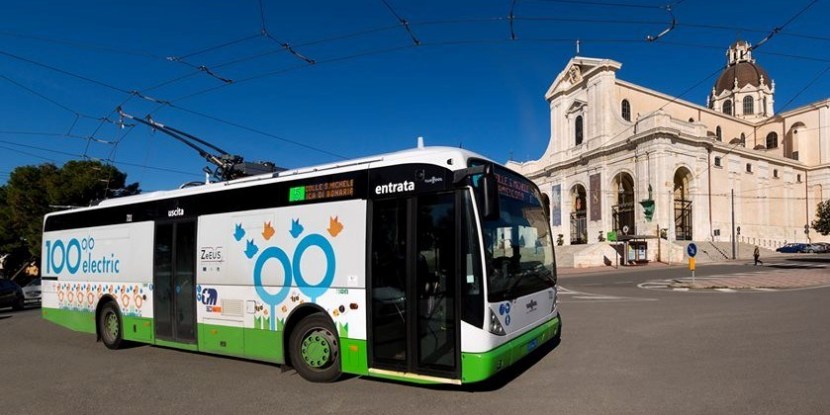
CTM Cagliari, public transport with commitment
12,500,000 km travelled in one year, 450.3 km of lines, 120,000 users per day. This is the identikit of CTM Cagliari, the main public transport operator in the metropolitan city of the Sardinian main city.
A company that distinguishes itself thanks to a recent history marked by innovative measures and cutting-edge future projects: CTM Cagliari has represented Italy in the European project ZeEUS lead by UITP (which in many metropolises has brought to the first step of public transport electrification) and is working to increase the share of electric vehicles in the fleet. Today the total average age of the bus fleet (consisting of 239 vehicles) is 8.6 years, that of the trolleybus fleet (32 vehicles) is 4.8 years.
CTM Cagliari, focus on trolleybuses
In the framework of ZeEUS project, six new generation trolleybuses (two Solaris and two Van Hool with electric traction system by Kiepe Electric) have been introduced in Cagliari. Distinctive feature? The motor-generator has disappeared, replaced by a small battery pack able to guarantee totally zero-emission operations. The renewal of CTM’s trolleybus fleet has been completed through the introduction of a total of 32 new trolleybuses between 2012 and 2016 (including the six ZeEUS vehicles).

Industry and international benchmarks, in Cagliari
The Mobility Innovation Tour is a series of conferences about public transport and innovation organized by the specialized magazine AUTOBUS. In Cagliari, beyond contributions from the industry (Solaris, Alfabus Europa, Iveco Bus, Irizar e-mobility), and from ATM Milano (with director of operations Alberto Zorzan) and TPER Bologna, UITP‘s Senior Project Manager Mobility Enablers Unit Michele Tozzi will be among the speakers.
The cutting edge experience of Amsterdam will be in the spotlight of the speech by Gerard Hellburg, Program manager Zero Emission Mobility at the Vervoerregio Amsterdam, the PTA of the metropolitan region of Amsterdam, that will share the vision and ambition of the Vervoerregio Amsterdam and what strategic choices and calculations were made to guide the transition to a Zero Emission public transport system. Based on Amsterdam’s experience from the enrollment of the current 110 zero emission buses in the region and the tender for the 31 buses in Amsterdam city, Hellburg will share the lessons learned and give guidelines on how to start the transition.
